Search
Remove Ads
Advertisement
Summary 
Loading AI-generated summary based on World History Encyclopedia articles ...
Search Results
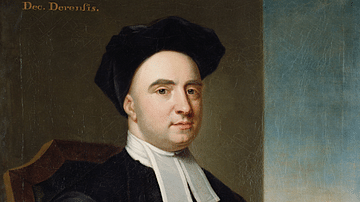
Definition
George Berkeley
George Berkeley (1685-1753) was an Anglo-Irish bishop and an empiricist and idealist philosopher. He infamously claimed that no matter exists outside of God and that things only exist outside of our minds and perceptions because God perceives...

Definition
John Locke
John Locke (1632-1704) was an English philosopher responsible for laying the foundation of the European Enlightenment. Locke believed that each branch of government should have separate powers, that liberty must be protected from state interference...
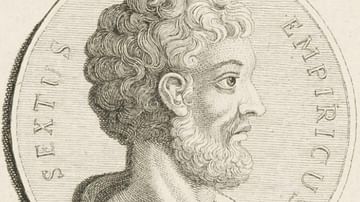
Definition
Sextus Empiricus
Sextus Empiricus (l. c. 160 to c. 210 CE) was a Greek Skeptic who developed the ideas of the earlier Greek Skeptic philosopher Pyrrho of Elis (l. c. 360 to c. 270 BCE) who claimed that tranquility of mind was attainable by suspending judgment...

Video
Dutch Golden Age: Crash Course
While the English were falling apart a little, with their civil war and their restoration and their succession problems, the Dutch were getting their act together. They were throwing off the yoke of the Spanish Empire, uniting their provinces...
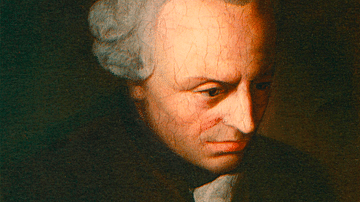
Definition
Immanuel Kant
Immanuel Kant (1724-1804) was a German Enlightenment thinker who is widely regarded as one of the most important philosophers of any period. His most famous works of critical philosophy include The Critique of Pure Reason, which challenged...

Definition
State of Nature
The state of nature is an idea which became especially popular with certain philosophers during the Enlightenment, notably Thomas Hobbes (1588-1679), John Locke (1632-1704), and Jean-Jacques Rousseau (1712-1778). It refers to a state of existence...

Definition
Utilitarianism
Utilitarianism is a philosophy founded by Jeremy Bentham (1748-1832) and then extended by other thinkers, notably John Stuart Mill (1806-1873). Utilitarianism involves the greatest happiness principle, which holds that a law or action is...
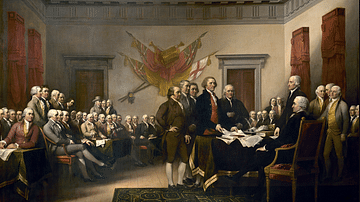
Definition
Social Contract
The social contract is an idea in philosophy that at some real or hypothetical point in the past, humans left the state of nature to join together and form societies by mutually agreeing which rights they would enjoy and how they would be...
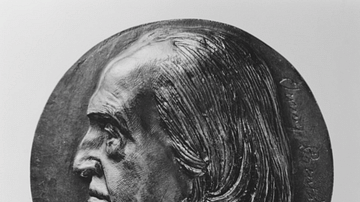
Definition
Jeremy Bentham
Jeremy Bentham (1748-1832) was an English philosopher and liberal social reformer best known as the founder of utilitarianism based on the greatest happiness principle, that is, rationally judging the success of a law by considering how many...

Article
Natural Rights & the Enlightenment
The idea of natural rights is the concept used in philosophy and legal studies that a person has certain rights from birth and which, because they were not awarded by a particular state or legal authority, cannot be removed, that is, they...